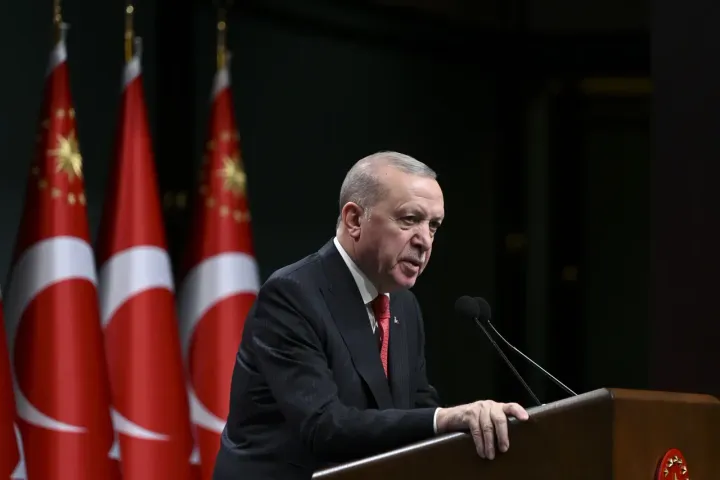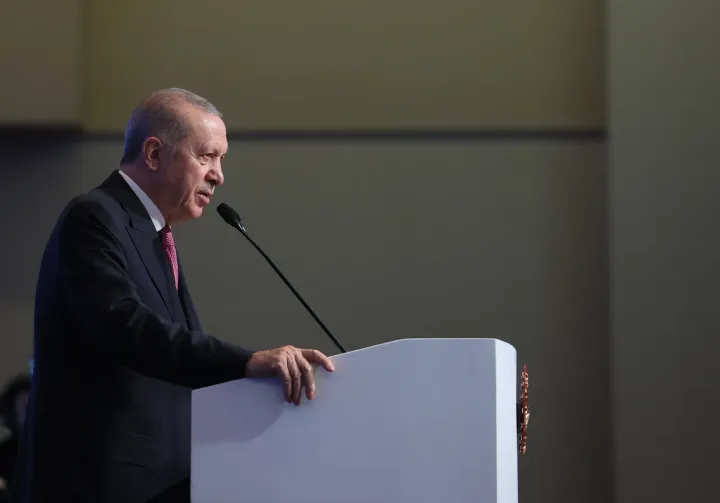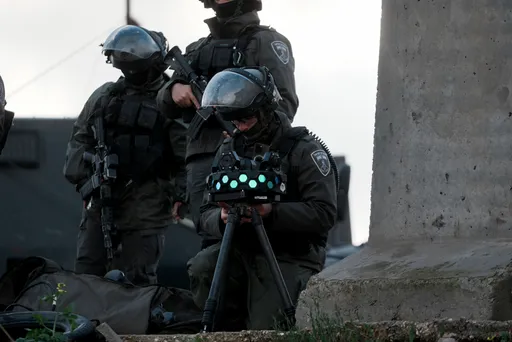On the night of July 15, 2016, Türkiye was the scene of a bloody coup attempt led by US-based Fetullah Gulen and his clandestine network, the Fetullah Terrorist Organisation (FETO).
While attempting to seize power, the renegades used fighter jets, helicopters, battle tanks, and special forces to overthrow the democratically-elected government of President Recep Tayyip Erdogan. The coup plotters had the suspected assistance of foreign intelligence agencies and the tacit acceptance of Western political officials.
Fortunately, Türkiye’s secret weapon – its lionhearted people - mobilised hand in hand with the government and fought to resist the onslaught of subversive elements threatening Turkish democracy.
When crowds of citizens took to the streets of Istanbul and Ankara in the middle of the night, trying to fend off the military coup-plotters, this represented a powerful show of collective action and a lesson to the world that the Turkish people will not be a pawn in an international chessboard, in which they have no say.
By thwarting this attempted coup, Türkiye realised multiple, multilayered, and long-term gains, including in the geo-political, political, and social domains.
From a geo-strategic point of view, it is well known that coups are generally part of great power politics aimed to crush the legitimate political aspirations of various nations in the Global South to achieve more independent policies.
Game of thrones
During the Cold War, international powers, including the United States and the Soviet Union, regularly resorted to toppling governments to pursue their interests. But even after the fall of the Berlin Wall (1989), supporting coups and military takeovers remained a regular feature of American foreign policy.
In his book ‘America's Deadliest Export: Democracy’, former US Department of State staffer, William Blum, argues that since the end of World War II, the US has “endeavoured to overthrow more than 50 foreign governments, most of which were democratically elected; grossly interfered in democratic elections in at least 30 countries; attempted to assassinate more than 50 foreign leaders; dropped bombs on the people of more than 30 countries; attempted to suppress a populist or nationalist movement in 20 countries.”
For instance, Mohammad Mossadegh was a nationalist leader who was fixated on bringing more democracy to Iran and nationalising the country’s substantial oil resources.
However, the CIA had other plans, which Stephen Kinzer depicts in his important book, ‘All the Shah’s Men’. According to Kinzer, the 1953 putsch, engineered by US intelligence operatives, quashed Mossadegh’s national dream, reversing any attempts to put Iran’s oil resources under national control.
While democracy was trashed, US oil corporations, which previously had no part in the Iranian oil industry, became major players in the million-dollar industry, controlling about 40 percent of Tehran’s oil.
This story is edifying because the July 15 coup attempt would have taken Türkiye decades back, hijacking its national will and transforming the country into a vassal state to Western powers with no say about its interests.
Killing the Hydra
Politically, defeating the coup allowed Türkiye to preserve its political stability and democracy because coups are anathema to the principles of peace, human dignity, and democracy.
Research on military takeovers observes that a country’s political culture is seriously dented when a coup occurs. According to the authors, “Once the structures of civilian authority and constitutional procedures are torn down, many years are required to rebuild them.” Similarly, a study titled ‘Are coups good for democracy?’ concludes that military putsches result in higher levels of state-sponsored violence.
Importantly, the coup’s failure allowed the state to kill the hydra-headed monster that had infiltrated different political parties, state organisations, security agencies, economic bodies, and media outlets.
Among the most dangerous vulnerabilities was FETO’s infiltration of the judiciary and police, endangering the law-enforcement authorities’ independence and impartiality and putting vital tenets of democracy like the separation of powers into question.
Therefore, by foiling the coup, the government cut the gangrene that had slowly spread within the state and society, preventing a combination of military and bureaucratic tutelage over the Turkish public sphere, which would have represented a lethal and final blow to Türkiye’s democracy.
Finally, from a social standpoint, the people’s mobilisation to defeat the coup attempt showed a high degree of Turkish social cohesion and how people care about their nation and democracy.
The glorious resistance that was displayed by the Turkish people that night sent an unequivocal message to the parallel structures and those behind them that the 252 people who died and the 2,734 injured are only the vanguards of millions more who are ready to make the ultimate sacrifice for their nation’s sovereignty and independence.
Since that tragic event, the celebration of ‘Democracy and National Unity Day’ takes place on July 15 every year in Türkiye. This day stands as a remembrance of the bravery and sacrifice of the heroes who stood against the attempted coup of 2016 and showed the entire world that true commitment to democracy is not merely expressed with words and speeches but through blood, toil, tears, and sweat.
If it were not for the will of the Turkish people that night in Istanbul and Ankara, Türkiye would have been in a conundrum today, one that would have damaged Turkish democracy beyond repair, ruining the country’s political system and social cohesion in the process.























